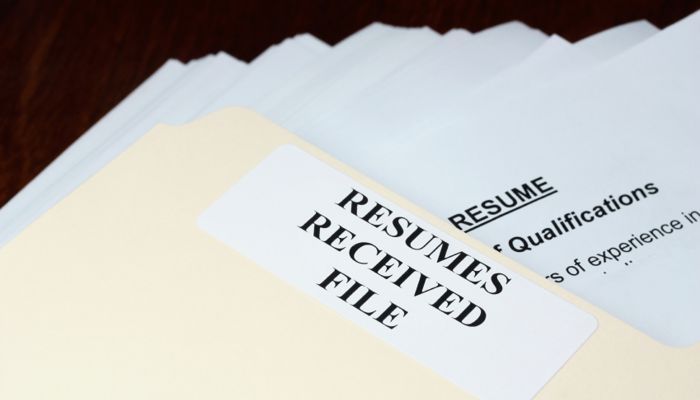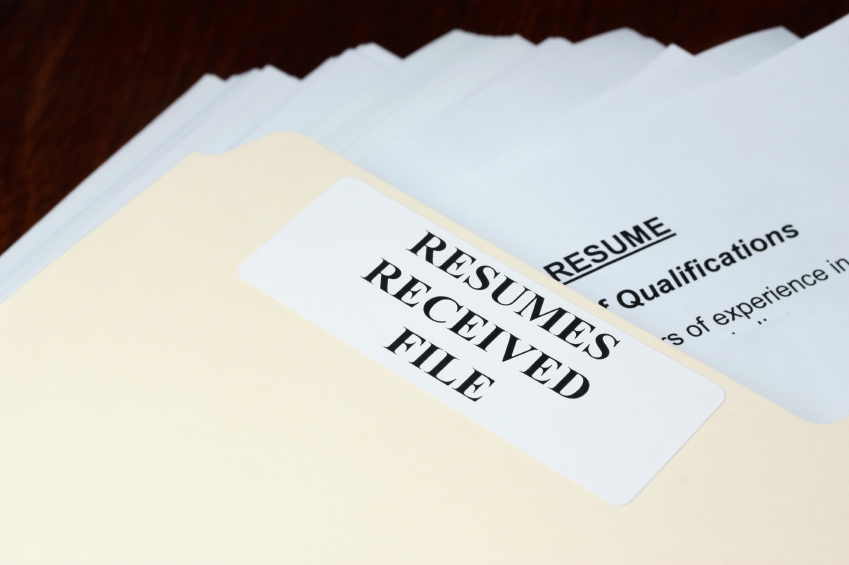Interview Etiquette: How to Ask for a Job Reference


In a job search, strong references can help land the offer, while weak ones can derail your quest regardless of how impressive your resume, interview and follow up have been. When you are in the position of needing good references, there are a few etiquette rules to keep in mind to make sure the experience works well for everyone involved: the job candidate, the reference, and the hiring manager.
Here are five tips to ensure that your references work in your favor during the interview process:
- Make a short list of who can speak most positively about your work experience. List 3 to 5 individuals, preferably direct supervisors who can discuss your strengths and past performance. Avoid supervisors from jobs that ended on bad terms, and do not include family members or friends.
- Consider all your contacts. Chances are you don’t want to list your current supervisor as a job reference, especially if you aren’t ready to announce that you are looking for employment elsewhere. If you don’t have previous supervisors to list, think of other individuals in positions of authority who can vouch for your work habits and character, such as a coach, an academic advisor or professor, or the leader of a non-profit organization where you’ve volunteered.
- Once you have a list, tailor the references to the job. Choose those you think would be the best fit for the job you’re applying for. Give specific reasons why they would make a great reference, and tie it back to the job you are currently seeking: “I worked under you when I was responsible for producing the annual report, so I thought you would be able to offer good insight into how I manage projects.” This will help refresh them on what sets you apart if it’s been awhile, as you remind them of things you’d like them to mention.
- Always speak with your references in advance. [Tweet “Contact your potential job reference to ask permission to give their contact information.”] This is mandatory for many reasons. This truly is best done by phone, so don’t text or email; you will glean insight from their tone and the enthusiasm (or lack thereof) with which they respond to your request. Whenever possible, tell them who will be contacting them and how, whether via phone or email. Verify the best contact information to give the recruiter.
- Follow up with a thank you. Just as you would thank an interviewer for their time, thank your reference promptly with a hand-written note after they agree to help. It’s a professional courtesy and demonstrates appreciation.
For more of my Interview Etiquette tips, you may also like my article on The Huffington Post, 7 Tips to Changing Your Career.




